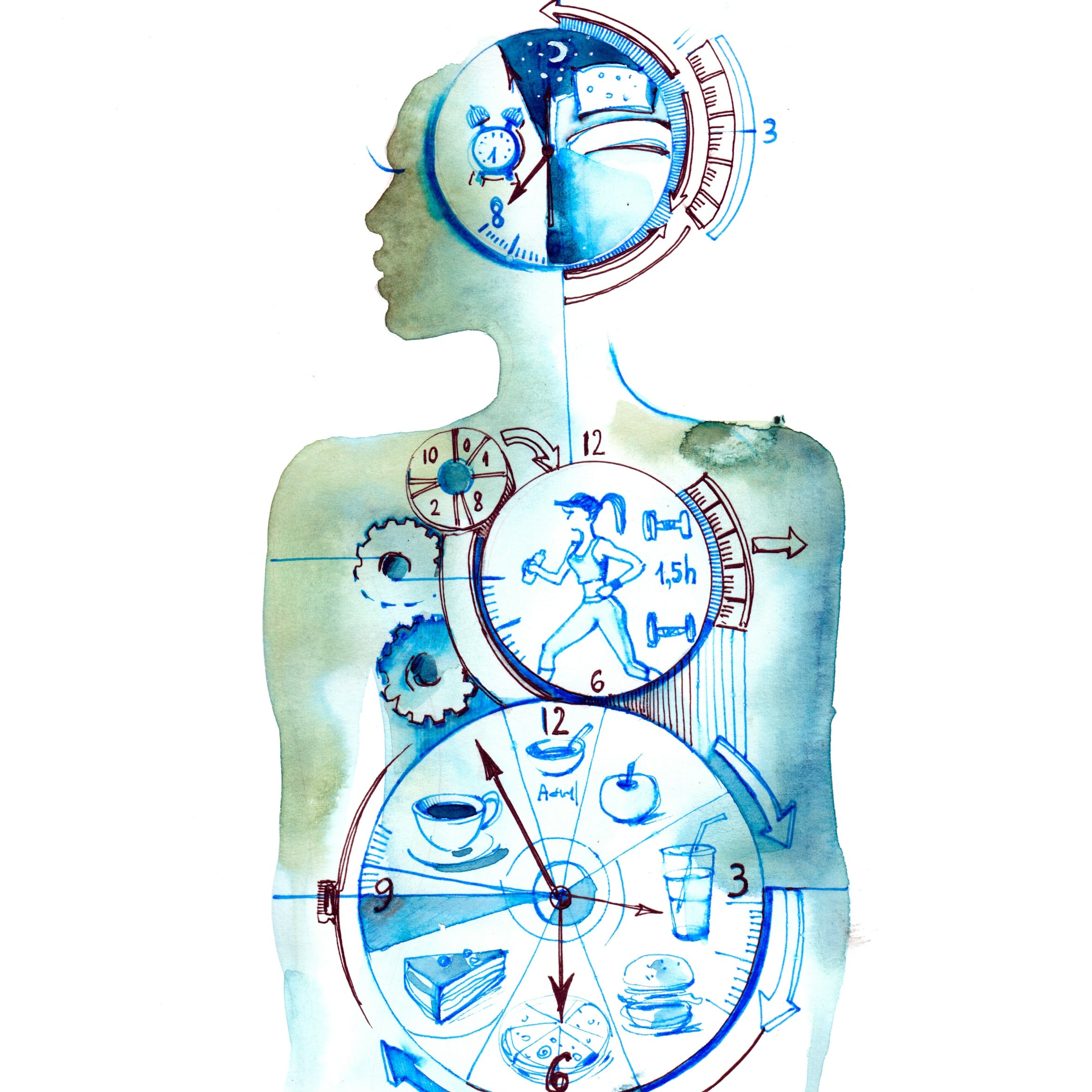Scientists have determined that a diet low in calories facilitates the energy-regulating processes. A low-calorie diet also helps to keep the body younger. These results were recently outlined in Cell. The finding is attributable to scientists at the University of California at Irvine’s Center for Epigenetics and Metabolism. The team of scientists has revealed the manner in which the body’s circadian rhythms alter due to the aging process. These rhythms are the body’s biological clock. The circuit controlled by the clock directly connected to aging is centered on the efficient metabolism of energy in cells.
About the Study
The group of scientists used mice for their study. These mice were tested at six months and at 18 months of age. Tissue samples were taken from their livers. This is the organ that serves as the interface between food intake and energy distribution within the body. Energy is metabolized in cells in accordance with nuanced circadian controls.
Findings
The scientists determined the 24-hour cycle of the older mice’s metabolic systems stayed the same. There were significant changes in the circadian mechanism that triggers genes on and off according to the usage of energy within cells. This means older cells process energy in an inefficient manner. The mechanism works quite well in young mice but shuts off in older mice.
A second group of older mice was provided with a diet containing 30 percent fewer calories. This intake period lasted half a year. Energy processing in the cells ended up more than unchanged. Caloric restriction functions through a rejuvenation of the biological clock. In the context of the study, “good aging” is the result of a good clock.
Collaboration for Confirmation
A companion study outlined in Cell explains the work performed by a group of researchers from the Barcelona Institute for Research in Biomedicine. These researchers collaborated with the team described above to gauge body clock functionality in stem cells from the muscle and skin of young and old mice. They determined a diet low in calories conserved the majority of rhythmic functions that occur during youth. This is the additional proof needed to show a low-calorie diet significantly contributes to the prevention of the aging process’s effects. It is important to keep the stem cells’ rhythm young as these cells will function to renew and preserve day-night tissue cycles.
Consuming less food seems to ward off tissue aging. As a result, stem cells do not reprogram circadian activities. The studies described above are important as they help explain why low-calorie diets slow aging in mice. The same results might hold true for human beings.
The Study’s Importance
Prior fruit fly studies have shown diets low in calories boost longevity. However, the research described above is the first to show caloric restriction impacts circadian rhythms’ impact on cell aging. These studies reveal the cell path through which the aging process is controlled. The findings serve as an introduction as to how the elements of aging can be controlled in terms of pharmacology.
What’s Next?
The scientists involved in these studies are adamant it is necessary to continue examining why metabolism produces a dominant effect on stem cell aging. When the link that delays or promotes aging has been pinpointed, treatments must be developed to regulate the link.




